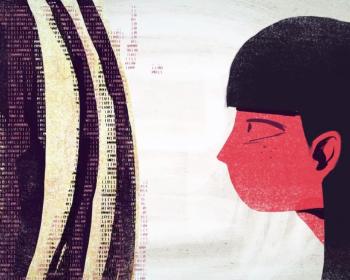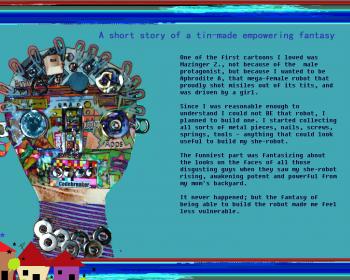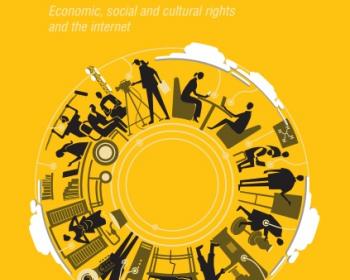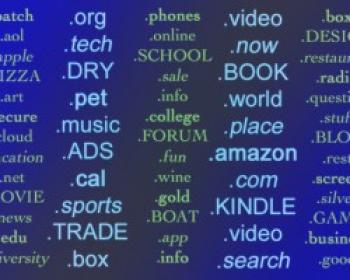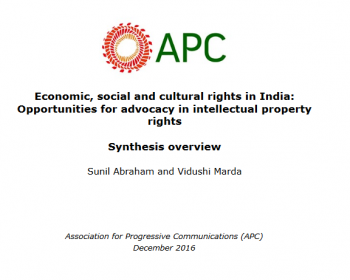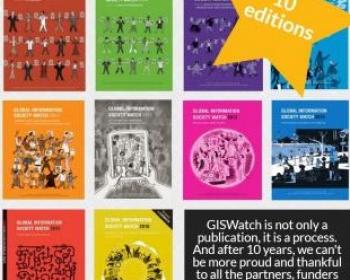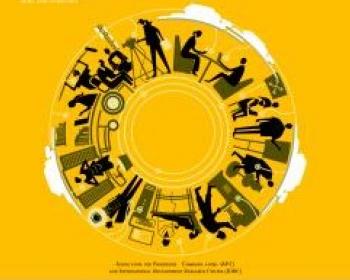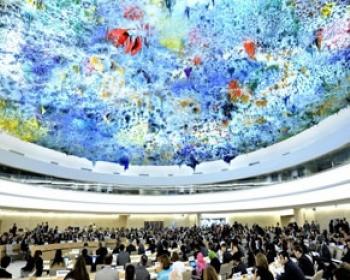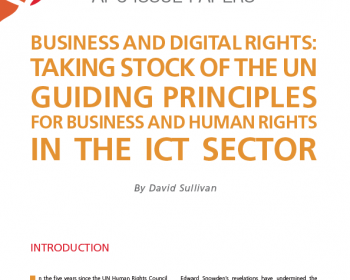International Development Research Centre (IDRC)
IDRC is APC's earliest supporter, providing the funds needed to launch APC Women’s Networking Support Programme (APC WNSP) activities around the world during the lead-up to the 1995 UN World Conference on Women (UNWCW) from 1993 to 1995 and crucial funding during the 1990's to support the pioneering stages of connectivity development in Africa through a range of initiatives. IDRC continues to support the APC network in it's work most recently through support of the APC Action Research Network (ARN) from 2010 to 2012 and the Economic Social and Cultural Rights (ESCR) project from 2014 to 2016.
IDRC has been a continual support of various Women's Rights programmes initiatives, as well as the development of our “Mission-Driven Business Planning Toolkit”. They provided start-up support to our internet rights work through the Global ICT Policy Monitor project, with a focus on activities in Latin America and Africa. In addition, APC’s Betinho Communications Prize to recognise socially meaningful uses of the internet was funded by IDRC for the first two years. IDRC also provided partial support for the APC Africa Hafkin Prize (awarded in 2001) and, in 1995, for the APC council meeting in Brazil. A full list of IDRC supported initiatives is below.
1992-1997: Connectivity in Africa initiatives
1993-1995: APC Women's Networking Support Programme
2001: Africa Hafkin Prize, Betinho Communications Prize, Global ICT Policy Monitor project, and WNSP Lessons Learned/GEM.
2002: LAC ICT Policy Monitor project, Africa Hafkin Prize, Global ICT Policy Monitor project, Gender and ICT Evaluation Methodology (GEM), and the “Civil Society and ICT Policy in Africa” workshop.
2003: The Africa Hafkin Prize, the Betinho Communications Prize, LAC and Africa ICT Policy Monitor projects, and Gender and ICT Evaluation Methodology (GEM).
2004: The Africa ICT Policy Monitor project, Gender and ICT Evaluation Methodology (GEM), Global Gender and ICT Forum, Africa Hafkin Prize 2004-2005, and Capacity building for wireless connectivity in Africa.
2005: The Africa ICT Policy Monitor, Africa Hafkin Prize 2004-2005, Betinho Communications Prize 2005, Capacity building for wireless connectivity in Africa; Institutional Support Project (INSPRO), Gender Research in Africa into ICTs for Empowerment (GRACE); GenARDIS; Wireless training workshop at the World Summit on the Information Society (WSIS).
2006: Capacity building for community wireless connectivity in Africa, capacity building and institutional support, Gender Research in Africa into ICTs for Empowerment (GRACE), the GenARDIS project, GenARDIS project evaluation, Making EASSy easy, Media and ICT policy meeting, Wireless going forward: Meeting of all wireless partners, Gender Evaluation Methodology (GEM) II, GEM workshop in Asia, and the Harambee project.
2007: Internet Governance Forum Communications and Research Grants (1 Nov 2007 to 31 Jan 2008); Positioning for the Future: Institutional Strengthening and Assessment of KICTANet (8 Jan 2007 to 8 Dec 2007); Harambee project
2008-2010: Communication for influence in Central, East and West Africa (CICEWA); Africa ICT Policy Monitor
Open access in Africa: EASSy, SAT-3/WASC research; GenARDIS: A small grants fund to address gender issues in ICTs in ACP Agricultural and Rural Development Round III; Feminist Tech Exchange
2010-2012: APC Action Research Network (ARN)
2014-2016: Economic Social and Cultural Rights (ESCR) project from 2014 to 2016
The articles in this bilingual edition point to how visibility, a complicated phenomenon in itself, is the starting point of a different way of being, and how the stories we tell – entangled in the fine wires of technology – are necessary and essential, and could be the foundations for the movement for change.
Does the internet make the realisation of economic, social and cultural rights (ESCRs) a stronger possibility, especially for women and gender nonconforming people? This is the question that the GenderIT.org edition on ESCRs and the internet seeks to answer.
The 46 country reports gathered here illustrate the link between the internet and economic, social and cultural rights (ESCRs). They are framed by 10 thematic reports, which deal with overarching concerns when it comes to ESCRs and the internet, and more specific issues that impact on our rights.
This report offers a starting point for an analysis of the adequate protection of the right to culture in relation to the new gTLDs, and more broadly regarding ICANN’s role as a multistakeholder and technical institution put in the position of upholding and protecting human rights.
This three-part case study contemplates the International Covenant on Economic, Social and Cultural Rights (ICESCR) through aspects of intellectual property in India, namely, mobile patents, free and open source software (FOSS), and India’s Traditional Knowledge Digital Library.
Global Information Society Watch (GISWatch) has reached its 10th edition, providing the international community with yearly reports on the state of the constantly evolving information society from the perspective of local civil society organisations and experts from all around the world.
The latest edition of the Global Information Society Watch (GISWatch) report will look at the role of the internet in realising economic, social and cultural rights (ESCRs). It will be released at the Internet Governance Forum in Guadalajara, Mexico, on 9 December 2016.
APC welcomes the report by the Special Rapporteur on the right to education, particularly his focus on “the right to education in the digital age” and his observation that the digital divide persists and continues to result in unequal opportunities for education both between and within countries.
This issue paper takes stock of the implementation of the UN Guiding Principles on Business and Human Rights in the ICT sector, in terms of state responsibility to protect human rights, corporate responsibility to respect rights, and access to effective remedy when rights have been violated.

Association for Progressive Communications (APC) 2022
Unless otherwise stated, content on the APC website is licensed under Creative Commons Attribution 4.0 International (CC BY 4.0)



